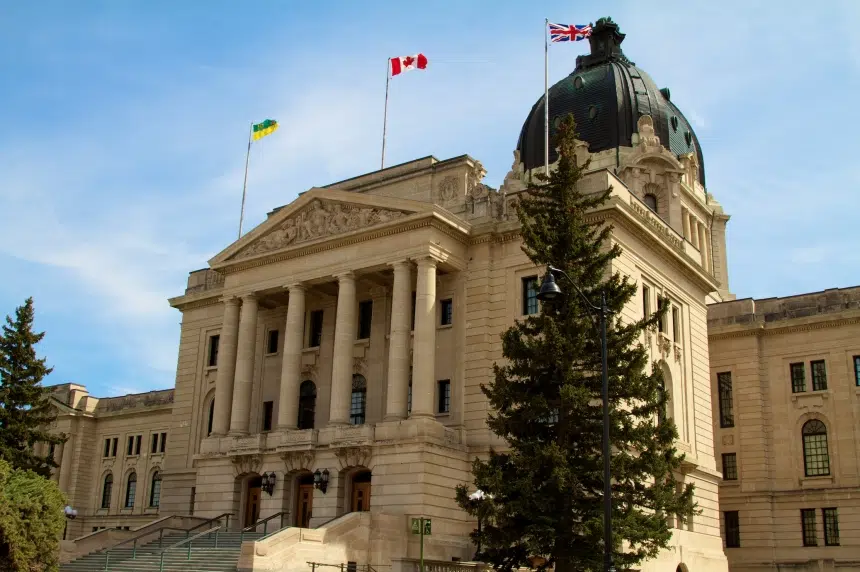The Government of Saskatchewan says it’s strengthening its commitment to meaningful consultation with First Nation and Métis communities.
On Friday, the province released its revised consultation policy framework, set to be implemented next year. The new 2023 framework will reportedly strengthen relationships and improve timelines for First Nation and Métis communities’ participation in consultations.
Don McMorris, minister responsible for First Nations, Métis and northern affairs, said the changes were informed by First Nations and Métis communities and organizations through consultation last year.
“We had heard from both industry and/or community that there were some flaws,” McMorris said. “There were some adjustments that needed to be made.”
The minister said the revised framework “reflects our government’s dedication to building positive relationships, honouring Aboriginal and Treaty rights, and supporting economic reconciliation while planning for growth across our resource sector.”
Engagement with First Nations and Métis leaders happened in the summer and fall of 2022, though McMorris admitted that only a small percentage of the groups surveyed responded to the province.
“By December 2022, we had feedback from 31 per cent of First Nations and 38 per cent of Métis locals,” he said.
“The feedback that we received from all participants aligned with our objectives to advance reconciliation, drive economic activity for the benefit of all Saskatchewan residents, and foster meaningful and productive relationships between First Nations and Métis communities, government, and proponents.”
Further work to implement the framework updates will take place throughout the remainder of 2023, with the current policy remaining in place “until the necessary supports are in place prior to the new policy going into effect,” the government said.
The target date for the new policy to take effect and replace the former 2010 framework is January of 2024.
A pause on the sale and leasing of Crown land is taking effect immediately, pausing Crown land auctions and lease auctions for two years to allow for the policy changes to be put into place.
During this time, First Nation communities can continue to buy agricultural Crown land under their treaty land entitlements and specific claims agreements. Existing leases can continue.
The framework also includes an enhanced, centralized role for the Ministry of Government Relations to co-ordinate and advise during the policy’s implementation. That ministry is also meant to assist First Nations and Métis communities with their participation in the duty-to-consult process, as well as offer tools and support.
A revised assessment chart will assist officials with the province in determining the level of consultation required with First Nations and Métis communities when an action or decision is made by the provincial government. The measure is intended to improve clarity for all participating parties and ensure accountability and predictability in consultations.
Timelines for the government’s response have been shortened in the new framework, and consultation timelines for communities have been increased to help support participation and reduce the need for extensions.
Federation of Sovereign Indigenous Nations rejects policy
Bobby Cameron, chief of the Federation of Sovereign Indigenous Nations, issued a statement saying he rejected the revised consultation policy.
He said the provincial government has a “bad record” when it comes to consultation with First Nations.
“Whether it’s Crown land sales, legislation that impacts our First Nations, or resource development within our Treaty and traditional territories, the lack of consultation is disturbing,” Cameron said.
The chief also accused the province of deliberately delaying proceedings when challenged in court on a variety of policies.
According to Cameron, after the provincial announcement to undertake a review of the consultation policy framework in 2022, chiefs in Saskatchewan adopted a resolution directing the FSIN not to provide comments about it.
Instead, the chiefs directed the organization to work with First Nations to put out its own proposal on parametres of a duty to consult, accommodate and reconcile framework.
–With files from Lara Fominoff and Lisa Schick.












